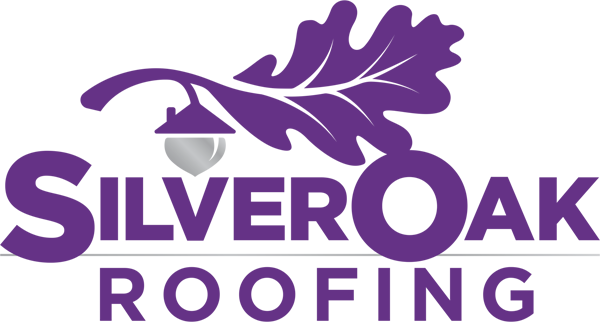Insulation Insights: The Crucial Role of Attic Insulation
- silveroakroofingon
- Jul 18, 2024
- 2 min read
According to the Department of Energy, attic insulation can result in 10% to 50% savings in the cost of heating and cooling a home. Proper insulation not only helps in regulating the temperature but also prolongs the life of your roof by preventing condensation and ice dams. It’s important to avoid over-insulation as it can heat the shingles and shorten their lifespan, especially if the roof lacks proper airflow.

Benefits of Attic Insulation for Your Roof
Prevents Ice Dams
In winter, the heat from the house escapes into the attic, warming the shingles and causing the snow on them to melt. This meltwater refreezes at the eaves, forming ice dams that can lead to leaks and damaged gutters. Proper insulation helps prevent this problem.
Prevents Interstitial Condensation
Interstitial condensation occurs between layers of the roof when cool and warm air meet, creating water droplets that can damage roof materials. Adequate attic insulation prevents heat transfer through the roof, reducing the risk of interstitial condensation.
Prolongs the Life of Shingles
Proper insulation ensures there is no interstitial condensation or ice dams, extending the life of the roof shingles.
Prevents Gutter Damage
Dramatic temperature changes on the roof due to inadequate insulation can cause the roof to expand and contract rapidly, leading to shifting or loosening of gutters over time.
Additional Benefits of Attic Insulation
Easier to heat and cool the house
Less strain on the HVAC system, increasing its lifespan
More consistent temperatures throughout the house
Improved soundproofing
Types of Attic Insulation
Loose-Fill Insulation
Also known as blown-in insulation, this type is made from tiny particles blown into attic cavities. It can be made of mineral wool, cellulose, or fiberglass and is ideal for areas with many small holes that need insulation.
Batts and Rolls Insulation
Also known as blanket insulation, this type is made from plastic fibers, natural fibers, fiberglass, or mineral wool. Fiberglass is the most common option for attics. Batts and Rolls may have vapor and air barriers to prevent condensation and make installation easier.
Each type of insulation has an R-value, which measures how much heat the material can prevent from passing through per inch. The Department of Energy recommends an R-30 rating or higher for attic insulation.
Conclusion
Attic insulation is a critical component in maintaining the efficiency and longevity of your roof. To get the best results, it’s essential to enlist the help of professionals. At Silver Oak Roofing, we offer comprehensive insulation services to ensure your home remains comfortable and your roof stays in top condition.
If you want to know more about Building Beyond Basics: Crafting Roofs for Durability and Style, click here.




Comments